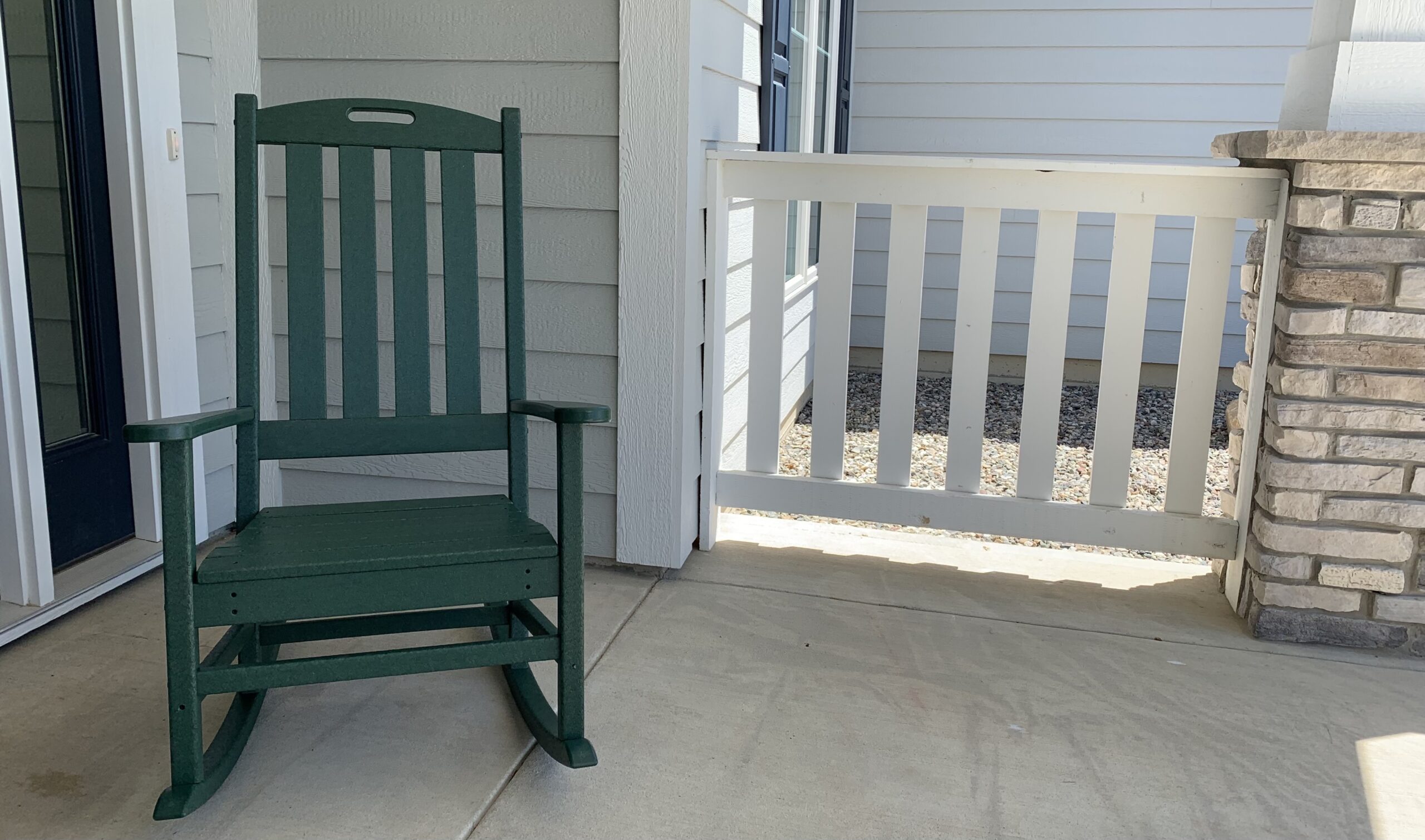
A friend and fellow pastor just announced his plans for retirement – he plans to leave his pulpit in about six months, and after conferring with the elders at his church and then his congregation, he posted his plans on social media. The Facebook announcement garnered nearly a hundred “loves” and “likes” and over forty comments, most filled with encouragement, congratulations, and thanks.
One of the comments, good-natured, judging by the emojis used, was one I’ve seen and heard before: WAIT a second Rev! WHERE do you find a reference to “retirement” in the Bible? The only “alternative” I see mentioned to that ain’t good”!
My friend, in a good-natured reply, pointed out that the priests mentioned in Numbers 4 apparently faced mandatory retirement at age 50. Good enough. By the way, the Bible doesn’t mention emergency appendectomies or air conditioning, and both are good alternatives to, say, death or Midwest summer humidity.
Recently I was talking with another generational peer who said he prefers to think of his life after paid employment as “repurposement” rather than retirement. I once knew a pastor, who at 85 (“I’m 85 years young” he’d tell us), served as chaplain for a retirement (repurposement?) community. He liked to say he was reinspired instead of retired.
Really? Is retirement so bad that some of us need a prooftext to justify it or a euphemism to cover it? It may have something to do with growing old.
I am old, and I am retired. And glad for both circumstances. In his marvelous little book, Finishing Our Course with Joy, J.I. Packer uses a convenient system to categorize old people: younger olds (65-75), medium olds (75-85), and oldest olds (85 plus). I am a younger old, but I am old. And I am retired: nearly a year now, and glad for it. I find a purpose in getting out of bed every morning and am sometimes inspired to do this or to do that. Regardless, I am retired.
I have known some people who don’t retire – often small business owners or an occasional lawyer. Some professors emeriti keep on teaching. Good for them. Some old pastors keep on preaching, often at the expense of a longsuffering congregation.
Not retiring may or may not be a good thing. Retirement can be a very good thing.
I no longer work for pay. Fortunately, I don’t need to work for pay. The system has worked well for me.
When I was working for pay (and, yes, there were many rewards besides the paycheck), my priorities were too often ordered around the demands of my job. Despite many professional development seminars that advised otherwise, job (as good as it gets – the use of gifts for ministry) took precedence over family and friends. It wasn’t just in hours spent, but in energy expended and attention given, as well. No excuse and not a justification, but I know I was not alone in having priorities amiss.
One of the purposes of my retirement is a new and proper ordering of priorities. I’m trying to put family, friends, and the use of gifts for ministry in that order. I’m able to lead a Bible study or teach a Sunday School class. I may serve on a presbytery committee one of these days. Our pastor invites me to preach once in a while. But none of that should be or needs to be at the expense of family and friends.
“Can you teach the class on Sunday?”
“Sorry, we’re going to see the grandkids.”
“Becky and I have planned a weekend away.”
How nice to say such things. Retirement can be a very good thing. I could call it “reorderment,” but I won’t.
My friend remembered the verses in Numbers 4 about the priests’ mandatory retirement at age 50. If I were going to prooftext retirement, I think I would go to Ecclesiastes 3: For everything there is a season, and a time for every matter under heaven.
Retirement is a matter very good in its time. To my friend who plans on retiring in about six months, welcome to the season!
